

2020-01-01 13:39:00 Wed ET
technology antitrust competition bilateral trade free trade fair trade trade agreement trade surplus trade deficit multilateralism neoliberalism world trade organization regulation public utility current account compliance
President Trump approves a phase one trade agreement with China. This approval averts the introduction of new tariffs on Chinese imports. In return, China seeks to purchase $40 billion to $50 billion U.S. agribusiness exports to better balance the current Sino-American terms of trade. The Trump administration expects to phase out gradual tariff reductions for Chinese imports.
Meanwhile, the Trump administration reduces tariffs on $120 billion to $160 billion Chinese imports from 15% to 7.5%, but the separate 25% levies would remain on $250 billion Chinese imports. On the bright side, the current trade accord proves to be mutually beneficial to China and America, so the key U.S. and Chinese stock market indices surge in response to this great deal. The greenback depreciates a bit against a basket of U.S. fair-trade partners in response to the Sino-U.S. bilateral phase-one trade deal.
On the dark side, Chinese 5G technology now crystallizes as a clear challenger to the U.S. business model. A bifurcation of global supply chains has thus gone from a new niche to a mainstream consensus view. It is hence important for the Trump administration to strike a delicate balance between fair trade details and high-tech advances.
If any of our AYA Analytica financial health memos (FHM), blog posts, ebooks, newsletters, and notifications etc, or any other form of online content curation, involves potential copyright concerns, please feel free to contact us at service@ayafintech.network so that we can remove relevant content in response to any such request within a reasonable time frame.
2023-04-14 13:32:00 Friday ET
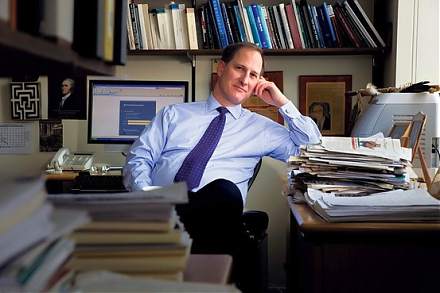
Calomiris and Haber delve into the comparative analysis of bank crises and politics in America, Britain, Canada, Mexico, and Brazil. Charles Calomiris an
2019-10-21 10:35:00 Monday ET

American state attorneys general begin bipartisan antitrust investigations into the market power and corporate behavior of central tech titans such as Apple
2021-05-20 10:30:00 Thursday ET
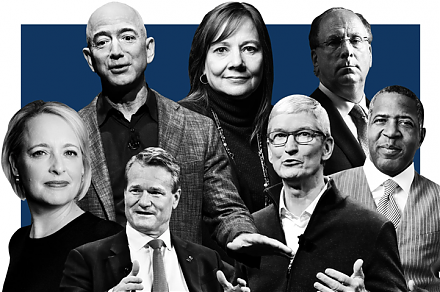
Artificial intelligence, 5G, and virtual reality can help transform global trade, finance, and technology. Core trade technological advances and disruptive
2018-07-23 07:41:00 Monday ET
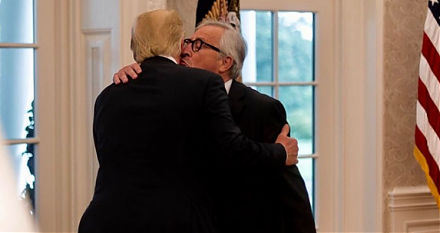
President Trump now agrees to cease fire in the trade conflict with the European Union. Both sides can work together towards *zero tariffs, zero non-tariff
2019-01-02 06:28:00 Wednesday ET
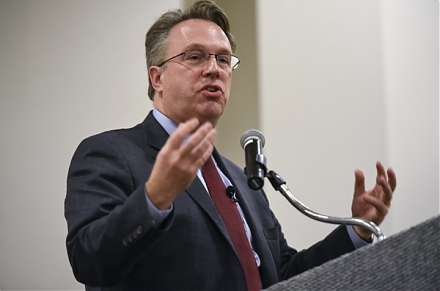
New York Fed CEO John Williams listens to sharp share price declines as part of the data-dependent interest rate policy. The Federal Reserve can respond to
2017-10-09 09:34:00 Monday ET
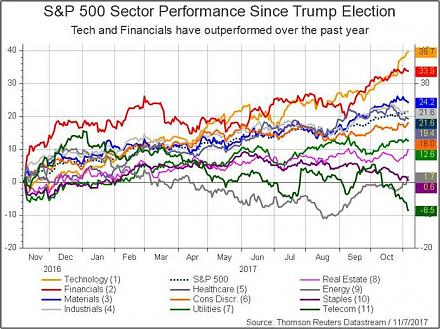
The current Trump stock market rally has been impressive from November 2016 to October 2017. S&P 500 has risen by 21.1% since the 2016 presidential elec